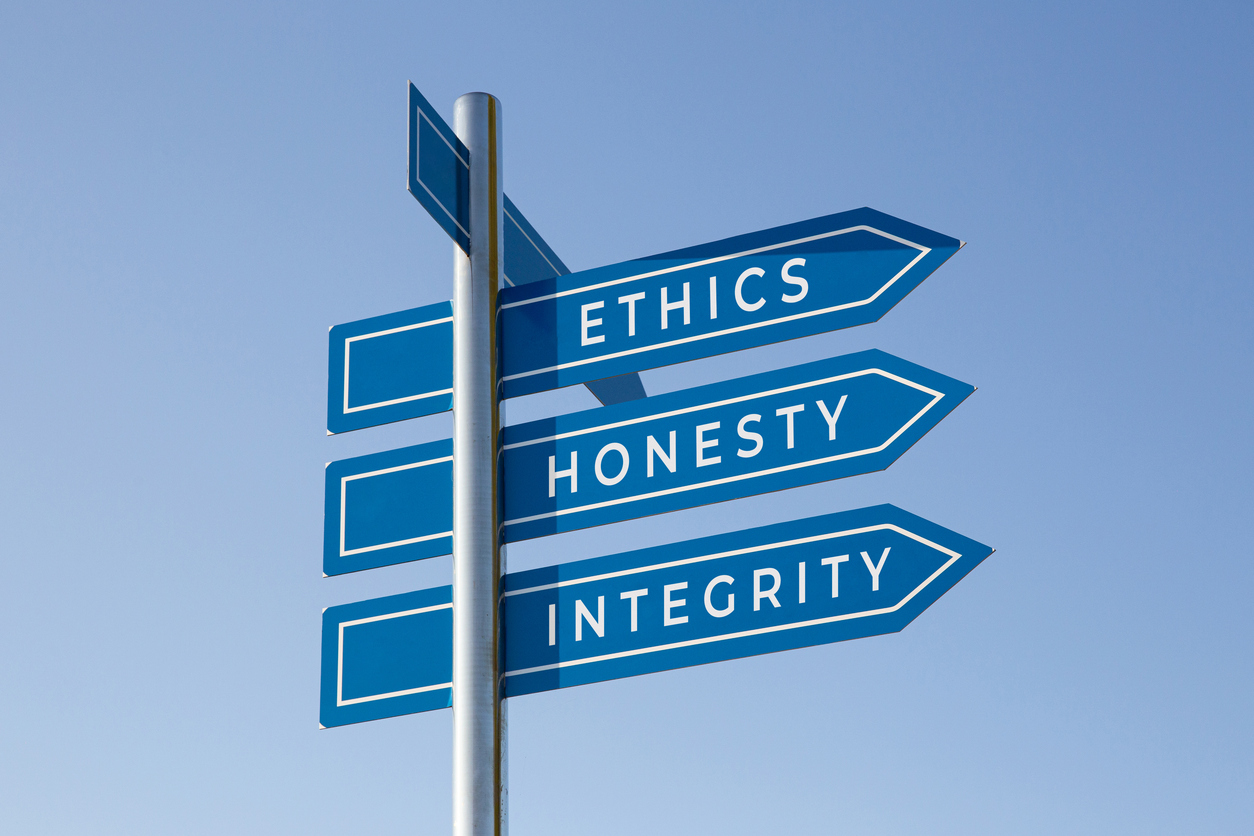
Written by
Lauren Brown
Lauren is an aPHR®-certified member of the Marketing team at Bernard Health. She writes about healthcare insights, employment law, and HR solutions.
Can Employers Require Employees to Provide Proof of COVID-19 Vaccinations?

According to the CDC’s COVID-19 Data Tracker, nearly 146 million coronavirus vaccine doses have been administered in the United States as of March 31, 2021. After President Biden announced plans for the U.S. to have enough vaccines for all adults by May 2021, states continue to expand eligibility and more individuals are being vaccinated each week.
If your organization’s plan is to return to the office and you haven’t already, now is probably the time to start thinking about a return strategy—which almost certainly includes coronavirus vaccination. The main question: Can employers require staff to submit proof? Read on to find out.
Can Employers Require Employees to Provide Proof of Vaccination?
As you begin your reopening plans and procedures, you may want to consider requiring proof of vaccination from your team to keep people safe in the workplace—and potentially prevent an outbreak.
While it’s legal to ask employees to get vaccinated, can employers ask them to provide proof? According to the EEOC guidelines regarding COVID-19 vaccination, asking for proof that an employee has received the vaccine isn’t likely to elicit disability-related information nor is the vaccination a medical exam, so employers are allowed to ask for proof.
However, The National Law Review advises employers to be careful about asking employees why they didn’t receive the vaccine—which could elicit medical or disability-related information. Simply put, employers should be careful when requesting proof and advise employees to leave out any other medical information when providing documentation of their vaccination.
Should Employers Require Employees to Provide Proof of Vaccination?
Ultimately, it’s up to the employer whether or not it wants to mandate that employees provide proof of vaccination. However, HR should keep in mind that depending on the industry, proof of vaccination may be assumed or expected—or neither.
Consider two examples that may apply:
- Organizations that employ people who work in the healthcare industry—particularly those with daily patient interactions—may be more inclined to require proof of vaccination.
- On the other hand, an organization that employs people who rarely interact with customers or coworkers in close settings may be less inclined to require proof of vaccination.
Regardless, these decisions include vital considerations for employers that want to reopen their worksite or office. As you begin this process, review the following HR Party of One episode to learn how you can think about evaluating complicated problems like reopening the office:
And review part II to learn more about making important decisions like returning to work:
How Employers Should Communicate Proof of Vaccination Requirements to Employees?
Employers that do decide employees should provide proof of vaccination before they return to the office need to communicate any and all relevant procedures and requirements that may apply. These rules may change depending on the organization and the industry, and could include:
- Timing: Explain when the organization expects employees to provide proof. Is there a hard cutoff or is the deadline more flexible? Will you implement a phased-in approach to limit employee interactions?
- Specifics About Vaccination Proof: Explain how employees are expected to provide their proof. Will a photo of their vaccine card be sufficient? Should employees show their vaccine cards in person? Or, will you operate on the honor system?
- Potential Alternatives: Employers should explain any alternative measures they could take if an employee chooses not to get the vaccine or provide proof of their vaccination. These steps might include the employee continuing to work remotely, wearing PPE in the office, or shifting roles to avoid close contact with other teammates.
- How This Information Will Be Stored: Writing in The National Law Review, attorneys from Foley & Lardner LLP say that employers can maintain this vaccination information but “it is best to plan ahead and start documenting at the beginning—playing catch-up not only makes it harder, more expensive, and more time-consuming, it also creates more room for error.” The writers suggest tracking the employee’s name, work location/unit, date of their vaccination(s), and their excusal from mandatory vaccination (if applicable).
It’s also possible that you’ve already developed a return-to-work letter using a template. If so, consider adjusting communication to account for your new proof of vaccination expectations.

Written by
Lauren Brown
Lauren is an aPHR®-certified member of the Marketing team at Bernard Health. She writes about healthcare insights, employment law, and HR solutions.
Related Posts
Yes, you can use a health savings account, or HSA, for cosmetic surgery, but only in...
According to the KPMG 2023 CEO Outlook, 64% of business leaders believe there will be a...
Thomas J. Peters, best known for his book In Search of Excellence, once stated, “The day...
According to the Ethics and Compliance Initiative’s (ECI) 2023 Global Business Ethics...







Submit a Comment